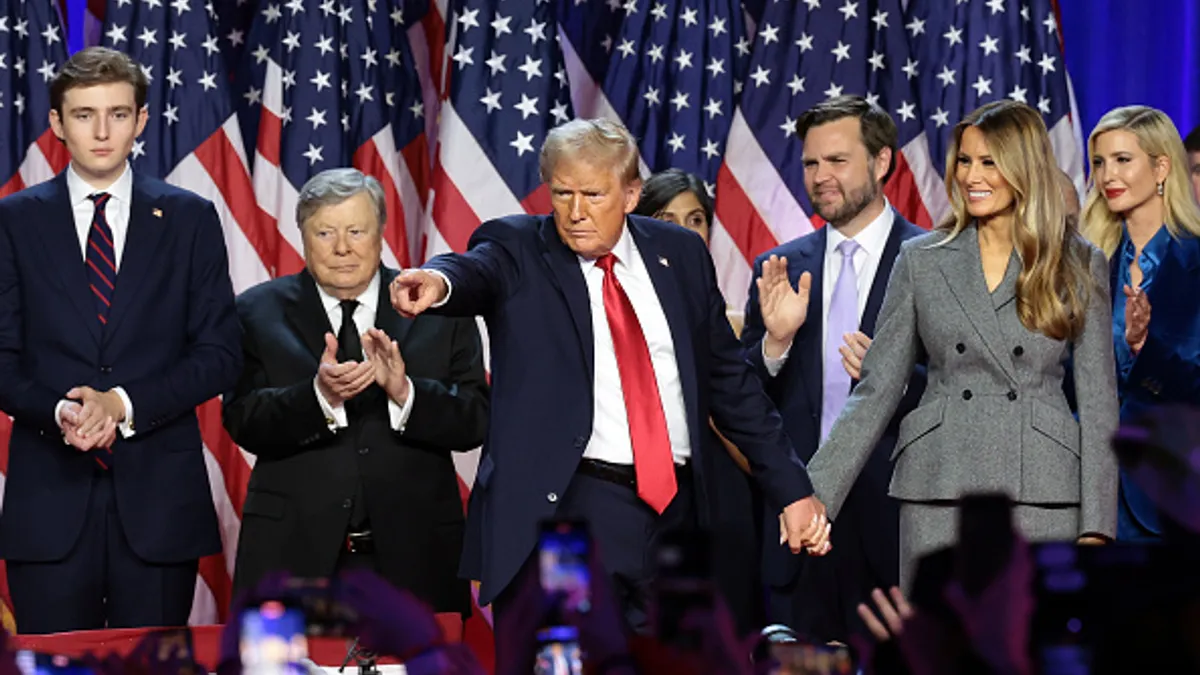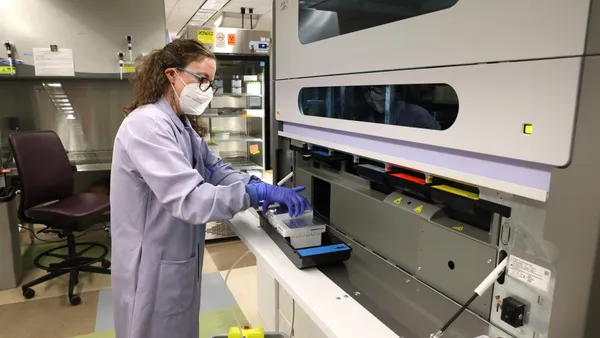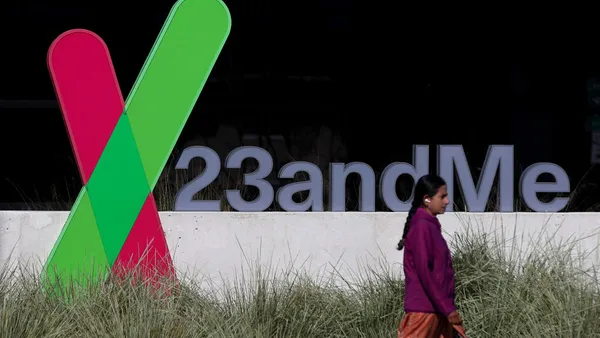Advamed CEO Scott Whitaker congratulated President-elect Donald Trump on Friday for winning a second term and stressed the need for public policy to support innovation in the medical technology industry.
In a statement two days after the Associated Press declared Trump the winner, Whitaker congratulated the former president, Vice President-elect JD Vance and new members of Congress.
“We look forward to working with the new administration on issues of importance to medtech and patients in need,” Whitaker wrote.
Whitaker, leader of one of the largest lobbying groups for the medical device industry, highlighted how medical technology has transformed patient care, calling the sector the backbone of the U.S. healthcare system. However, he stressed the need for policy support to continue innovation in the space.
“[I]n order for medical innovation to thrive, it is essential that the public policy environment support innovation throughout the medtech ecosystem,” Whitaker wrote. “We look forward to working with the Trump administration and the new Congress to ensure that the regulatory and policy environments keep pace with these advances and the patients who need them.”
The MDMA, a representative for medical device manufacturers, did not respond to a request for comment by publication, and the American Clinical Laboratory Association (ACLA), a trade group for diagnostic and laboratory firms, declined to comment.
Trump’s reelection comes at a busy time for medical device regulation and poses questions about how the healthcare industry overall will be affected. One key question could be who will lead the Food and Drug Administration and other health agencies.
The FDA’s device center recently went through a leadership transition. In October, Michelle Tarver was named director of the FDA’s Center for Devices and Radiological Health. Tarver replaced Jeff Shuren, who served under former President Barack Obama, Trump and President Joe Biden over his 15-year tenure leading the center.
The CDRH is also currently grappling with challenges like regulating artificial intelligence and has received scrutiny around patient safety and its device recall process.
There are also questions about how a second Trump presidency could affect the FDA’s final rule on laboratory developed tests, a contentious new regulation that gives the agency increased authority over the diagnostics. The ACLA and the Association for Molecular Pathology are challenging the rule in court.
However, a change in the White House could affect how the rule is implemented.
Whitaker previously said the approach to the LDT rule could depend on who leads the Department of Health and Human Services and FDA, as well as agency legal advisers. Meanwhile, Carly McWilliams, Roche’s head of regulatory policy for North America, said the Trump administration could freeze the rule.
There’s also uncertainty about how potential tariffs could affect the industry. Trump threatened to impose a 60% tax on products entering the U.S. from China if reelected.
Siemens Healthineers CEO Bernd Montag answered questions on the topic during an earning call last week. Montag said he was confident the company would navigate any “U.S. versus China situation” that could arise when Trump returns to the White House in January.











